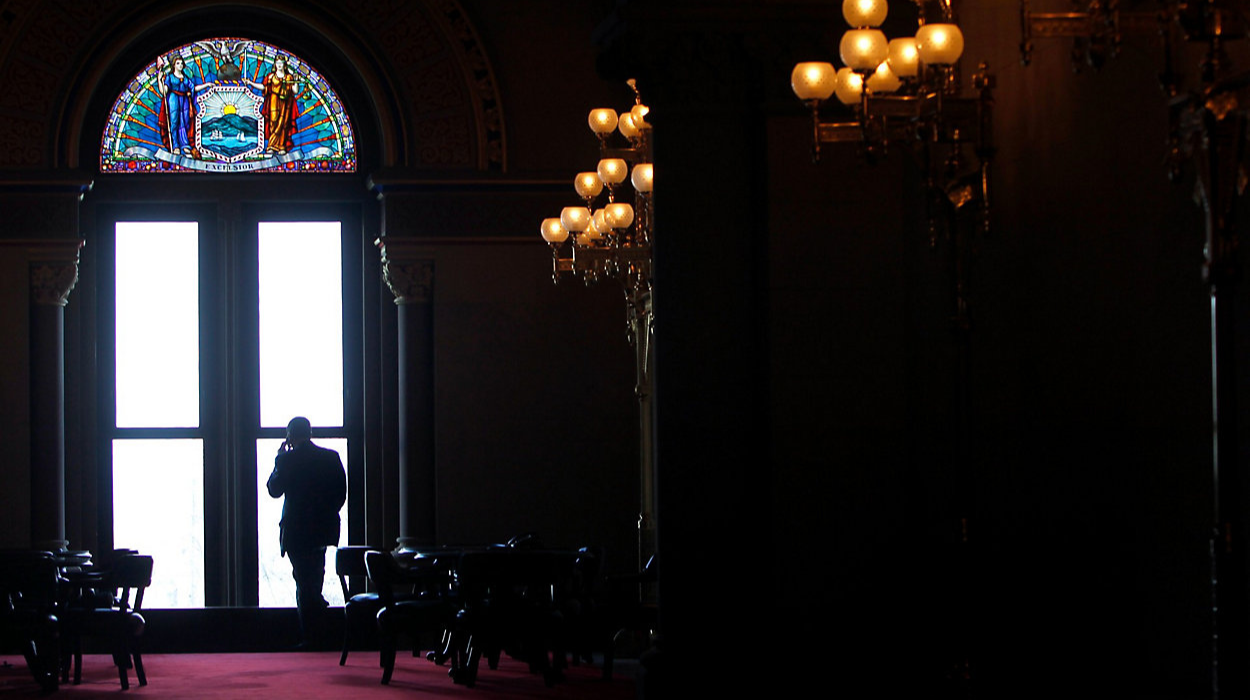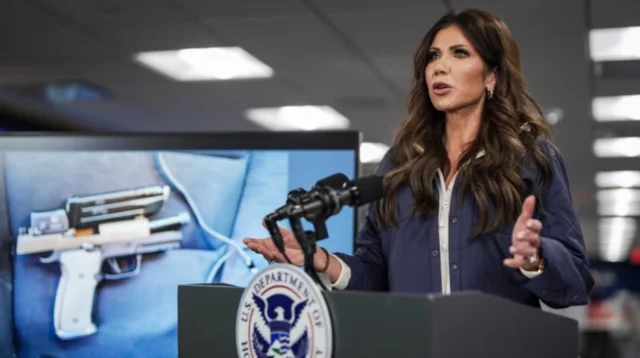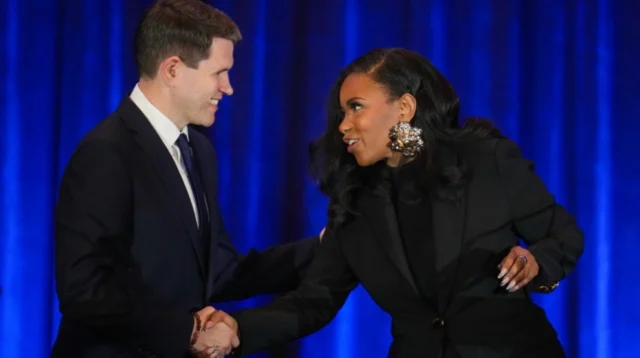According to preliminary figures given by the state’s Commission on Ethics and Lobbying in Government (COELIG), lobbying expenditures in New York state totalled around $67 million during March and April. That sum is $1.3 million more than it was in January and February. Lobbying remuneration accounted for the majority of that $67 million, at $59.6 million, with expenditures coming in second at $7 million.
Lobbying in New York State involves attempts to influence government decision-making, including legislation, regulations, and government actions at the state and local levels. It covers activities directed at state officials, legislators, and certain local government officials, with separate rules for New York City officials
Who were the top-paid lobbyists in this cycle?
Based solely on pay, the top three retained lobbyists were Bolton-St Johns, LLC ($2.9 million), Brown & Weinraub Advisors, LLC ($2.9 million), and Kasirer LLC ($3.0 million).
The state’s ethics panel releases lobbying data every two months.
What laws were most frequently lobbied during this period?
“Unsurprisingly, 17 out of 20 of the most lobbied legislation focused on the state budget and its associated Article VII laws, and lobbying expenditures in March and April exceeded those in the first two months of the year,”
COELIG Executive Director Berland said.
“The people of New York have a right to information that is clear and easily available, particularly information that identifies the people or organisations trying to influence those in our state government. By making this data available every two months, the public may observe how lobbying tendencies change for the year.”
The two most-lobbied bills that had nothing to do with the state budget were the Packaging Reduction and Recycling Infrastructure Act, which would phase out materials and target chemical recycling, and initiatives to regulate recycling infrastructure and weed out materials that are difficult to recycle.
The third most-pushed non-budget item was the NY HEAT Act, which would implement the NY Home Energy Affordable Transition Act and remove some of the public service law’s rules on gas service and sale. With some notable modifications, that law was recently modified to become the Customer Savings and Reliability Act.
What are the rules for lobbyist registration in NY?
Moreover, Regarding the registration process, Lobbyists and clients are required to register with CELG if they anticipate spending more than $5,000 annually on lobbying activities aimed at New York State or local officials (excluding federal officials). Registration requires a $200 filing fee (prorated if registering mid-cycle) and mandatory ethics training for individual lobbyists within 60 days of registration. Lobbyists must file semi-annual reports detailing lobbying expenditures, including prorated staff time and itemised expenses over $75. Clients spending over $15,000 on lobbying and dedicating at least 3% of total expenditures to lobbying must disclose sources of funding contributing over $2,500.





